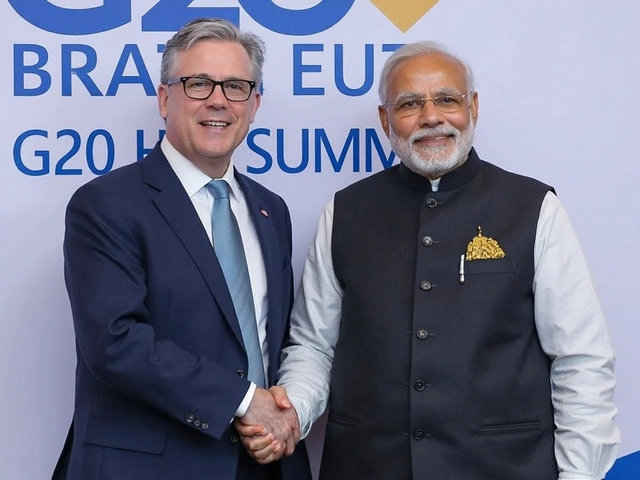Medical Inflation: Why Health Costs Keep Rising and What You Can Do
Ever looked at a hospital bill and wondered why it’s higher than last year? You’re not alone. Medical inflation is the term for the steady increase in health‑care prices, and it affects everyone – from patients to insurers. In this guide we break down the main reasons prices go up and share simple ways you can protect your wallet.
What’s Driving Medical Inflation?
The first driver is the cost of new technology. When a cutting‑edge scanner or a brand‑new drug hits the market, hospitals pay a premium and pass that on to patients. Second, the demand for health services keeps growing. India’s population is ageing, chronic diseases are on the rise, and more people are seeking private care, which pushes prices higher.
Third, supply‑side factors matter. Shortages of skilled staff, especially doctors and nurses, mean hospitals have to offer higher salaries, and those costs show up in the bill. Finally, regulatory policies can unintentionally add to inflation. For example, taxes on medical equipment or import duties on pharma products raise the base price.
How Medical Inflation Impacts You
Higher prices can mean delayed treatments, larger out‑of‑pocket expenses, and increased reliance on insurance. For families on a tight budget, even a small rise in the cost of a routine test can feel like a big hit. It also forces many to turn to cheaper, sometimes lower‑quality alternatives, which can affect health outcomes.
On the business side, clinics and hospitals face pressure to maintain quality while keeping fees competitive. This often results in cost‑cutting measures that may affect patient experience.
Understanding these pressures helps you anticipate where costs might spike next – like during flu season when demand for vaccines and antiviral drugs surges.
Practical Tips to Keep Your Medical Expenses in Check
1. Use generic medicines. When a brand‑name drug is prescribed, ask your doctor if a generic version works. Generics cost a fraction of the original and are just as effective.
2. Compare lab test prices. Not all labs charge the same for a blood test. A quick call or online search can save you 20‑30 %.
3. Leverage health insurance wisely. Review your policy each year, focus on networks that offer lower cash rates, and make sure you’re aware of claim limits.
4. Adopt preventive care. Regular check‑ups, balanced diet, and exercise reduce the need for costly treatments down the line.
5. Keep records organized. Accurate medical records help avoid duplicate tests and enable you to challenge billing errors.
Remember, a little effort now can prevent a big surprise on your next hospital visit.
Medical inflation isn’t going away overnight, but knowing the why and how equips you to make smarter choices. Stay informed, ask questions, and use the tips above to keep your health costs under control.
Nithin Kamath Sounds Alarm on India's Healthcare Crisis: Health Insurance a Must
Nithin Kamath warns about the precarious state of healthcare affordability in India, where a single hospitalization can lead to bankruptcy. With the country's high medical costs, he advises choosing health insurance with strong claim settlement and extensive networks, while avoiding policies that limit coverage or entail hidden costs.





